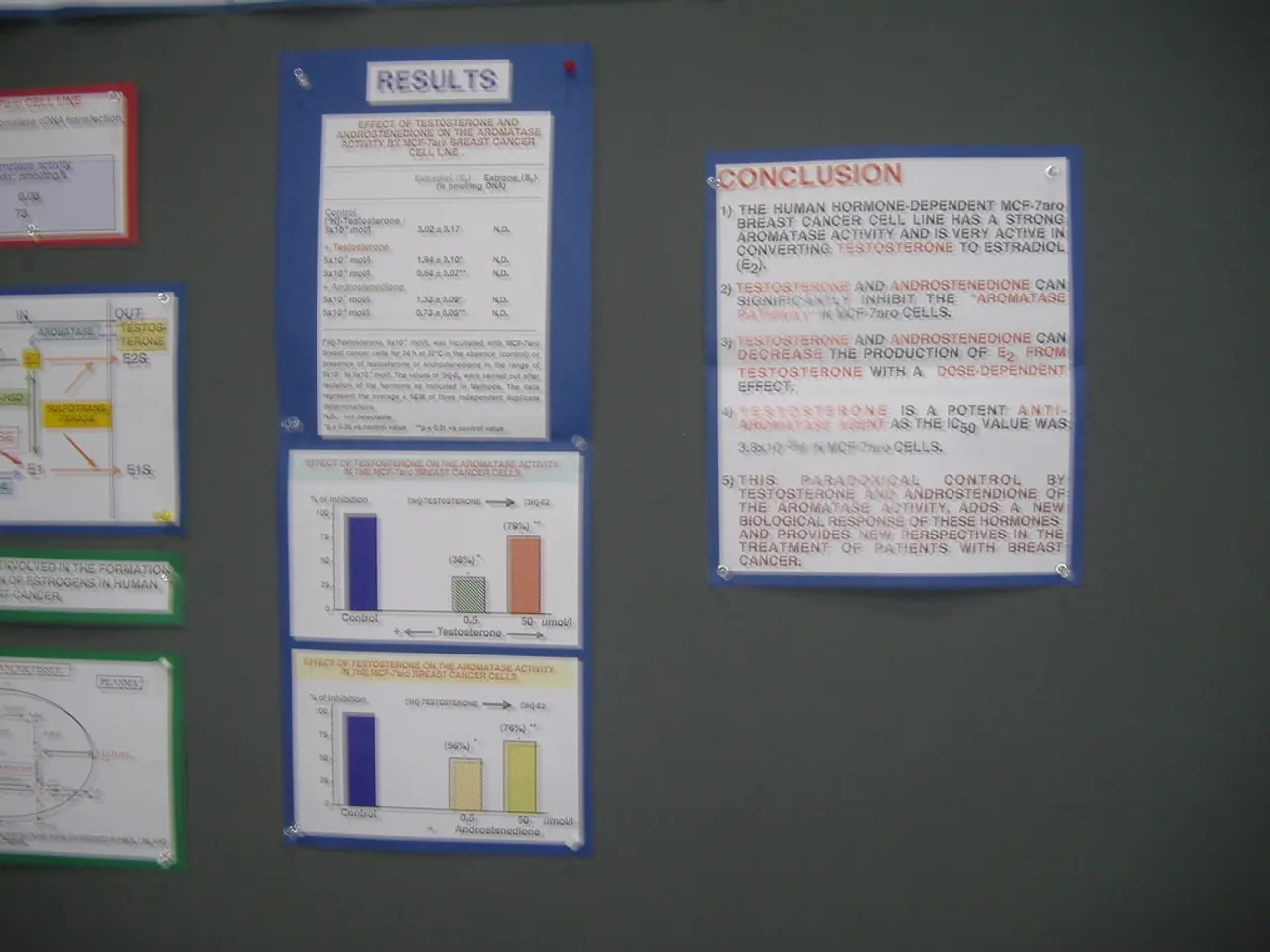CLAT 2026 Examination Subject Syllabus Detailed: PDF Download Contains Subject-wise Mark Allocation
Preparing for the CLAT 2026 Exam: A Comprehensive Guide
The Common Law Admission Test (CLAT) 2026 is fast approaching, and here's what you need to know about the exam pattern, syllabus, and preparation strategy.
Exam Pattern
The CLAT 2026 is a pen-and-paper test, conducted in English, lasting for 2 hours. The test consists of 120 multiple-choice questions (MCQs), each carrying 1 mark. Negative marking is applied: -0.25 marks for each incorrect answer, and no penalty for unattempted questions.
The question paper covers five subjects: English Language, Current Affairs including General Knowledge, Legal Reasoning, Logical Reasoning, and Quantitative Techniques (elementary mathematics up to class 10).
The distribution of questions and marks is approximately as follows:
- Current Affairs & General Knowledge: 28-32 questions, worth 35-39 marks, accounting for 23.33 - 26% of the total marks.
- English Language: 22-26 questions, worth 28-32 marks, accounting for 18.66 - 21.33% of the total marks.
- Legal Reasoning: 28-32 questions, worth 35-39 marks, accounting for 23.33 - 26% of the total marks.
- Logical Reasoning: 22-26 questions, worth 28-32 marks, accounting for 18.66 - 21.33% of the total marks.
- Quantitative Techniques: 10-14 questions, worth 13-17 marks, accounting for 8.66 - 11.33% of the total marks.
Syllabus
- English Language: Comprehension, vocabulary, grammar, reading, and interpretation.
- Current Affairs including General Knowledge: Recent events, history, polity, awareness, and retention of facts.
- Legal Reasoning: Legal principles and scenarios testing logical thinking and legal acumen.
- Logical Reasoning: Puzzles and critical thinking to assess analytical skills.
- Quantitative Techniques: Basic arithmetic and data interpretation at elementary mathematics level (up to Class 10).
Preparation Strategy
Strong reading comprehension is necessary for passage-based design in the CLAT exam, and frequent full-length mocks improve endurance and timing. Focus on the high-weight sections, such as GK/Current Affairs and Legal Reasoning, which together make up half of the test.
Important Dates
Applications for CLAT 2026 started on August 1, 2025, and will end on October 31, 2025. The CLAT 2026 exam schedule includes various important dates, such as the notification release date, application form release and correction windows, admit card release, and the exam day. The CLAT 2026 UG exam is scheduled for December 7, 2025.
Exam Conduct
The CLAT 2026 exam is conducted by the Consortium of NLUs. The exam takes place from 2:00 PM to 4:00 PM. The CLAT 2026 exam covers subjects such as English Language, Current Affairs & General Knowledge, Legal Reasoning, Logical Reasoning, and Quantitative Techniques for undergraduate applicants.
The CLAT 2026 exam has negative marking of -0.25 per wrong answer. Each correct response is worth one mark, and each incorrect response is deducted 0.25 marks. The total marks for the CLAT 2026 exam are 120, and there is no penalty for unattempted questions.
The CLAT 2026 exam syllabus can be downloaded from a provided PDF link. The application fee for the CLAT 2026 exam varies based on category. The CLAT 2026 exam is a once-a-year offline test.
Good luck with your CLAT 2026 preparation!
- To excel in the CLAT 2026, it's crucial to focus on education-and-self-development aspects such as enhancing reading comprehension skills, keeping up with Current Affairs and General Knowledge, and mastering legal reasoning skills.
- Effective preparation for the CLAT 2026 involves not only understanding the exam pattern and syllabus but also engaging in self-development activities such as reading wide-ranging materials and regularly attempting full-length mock tests.




